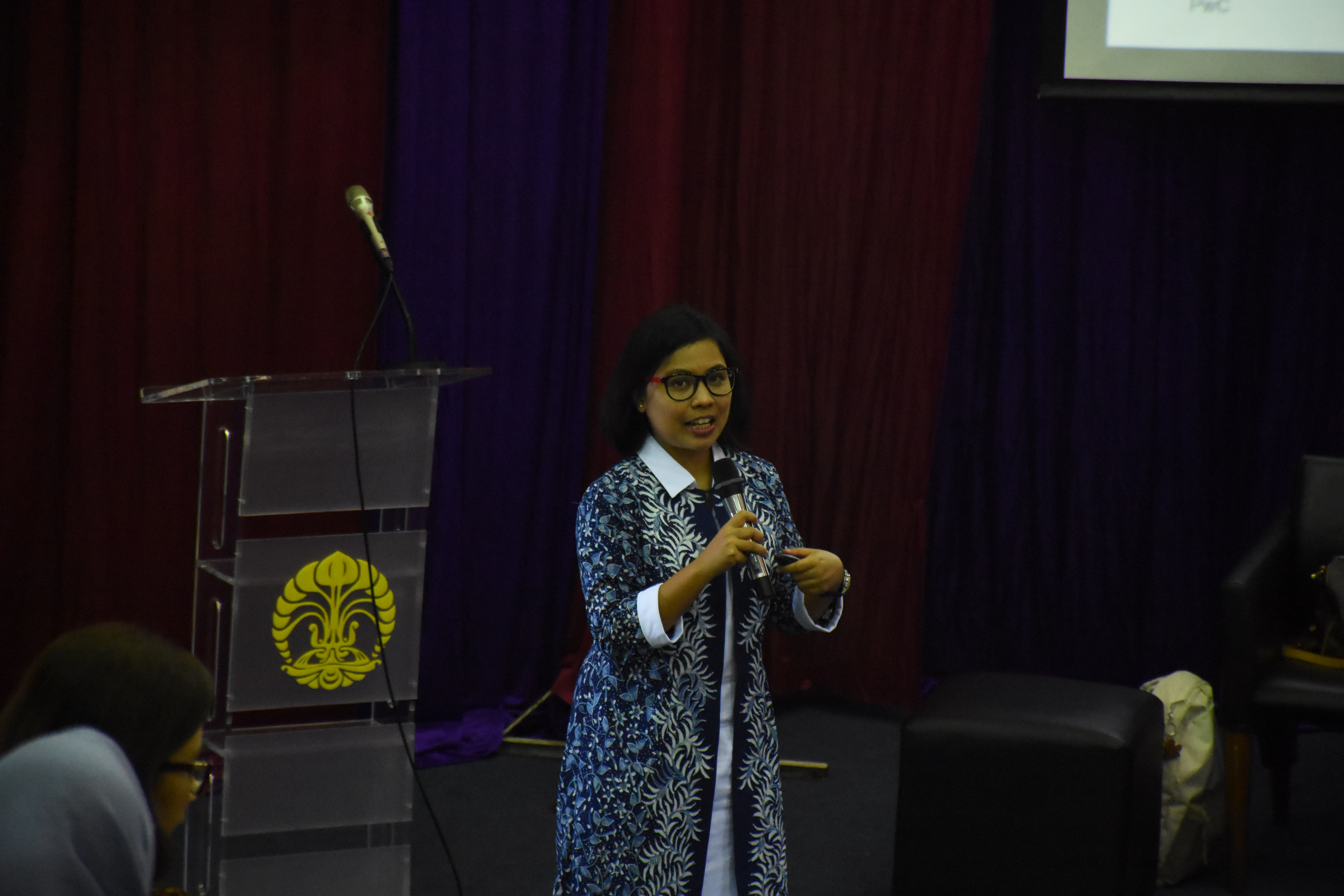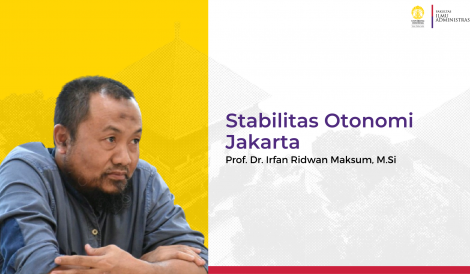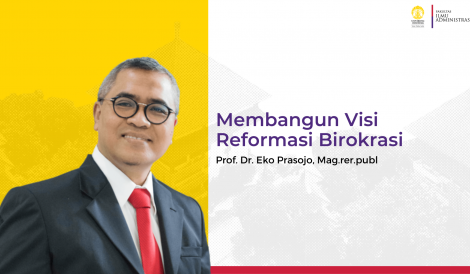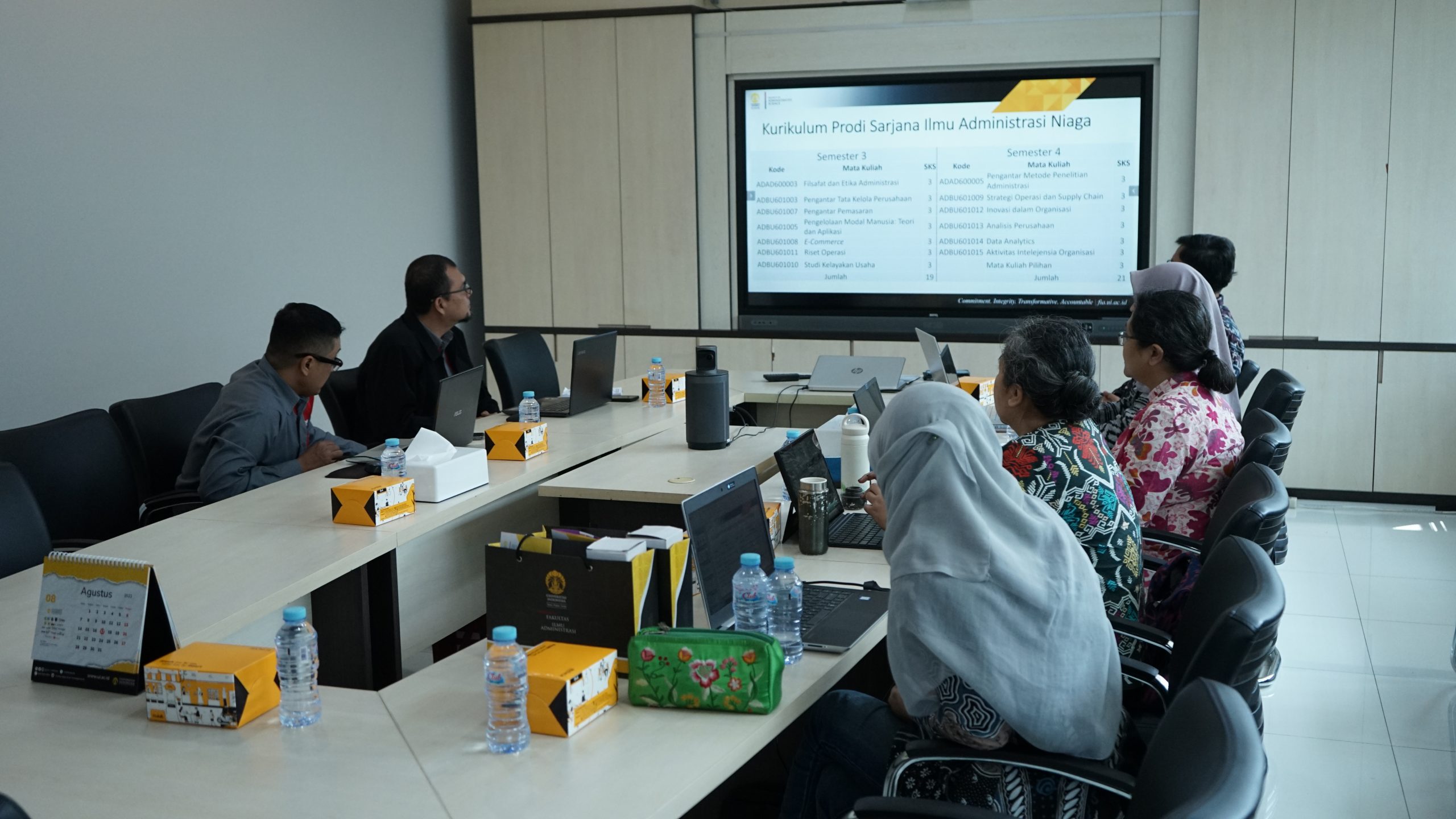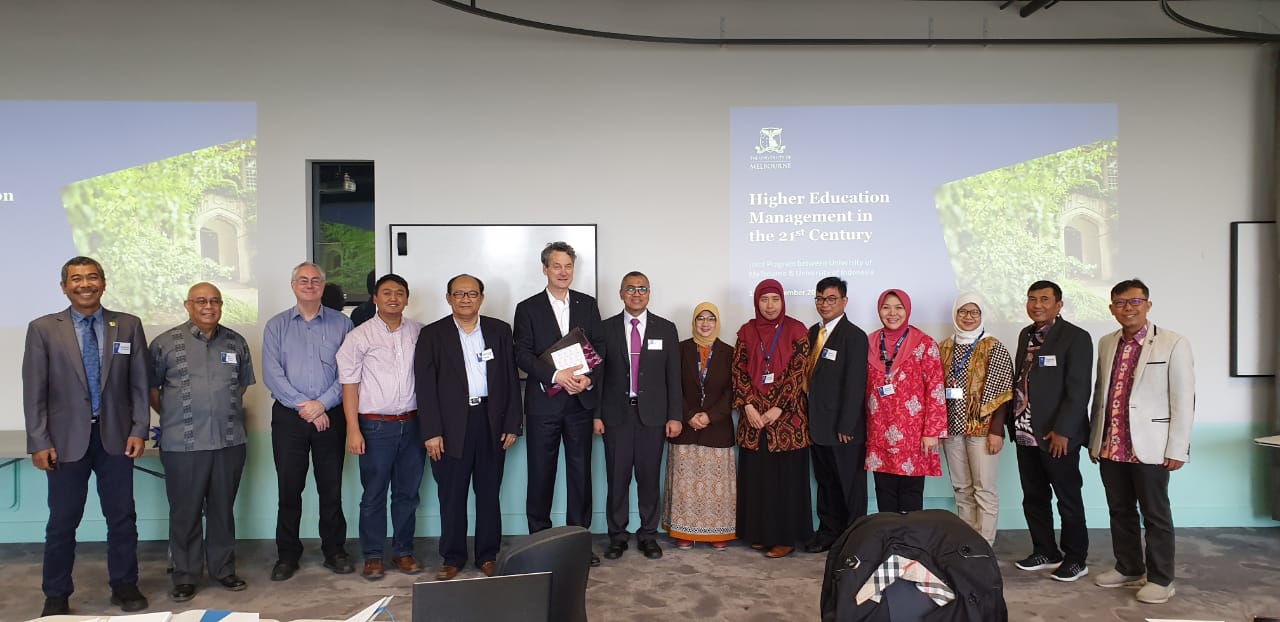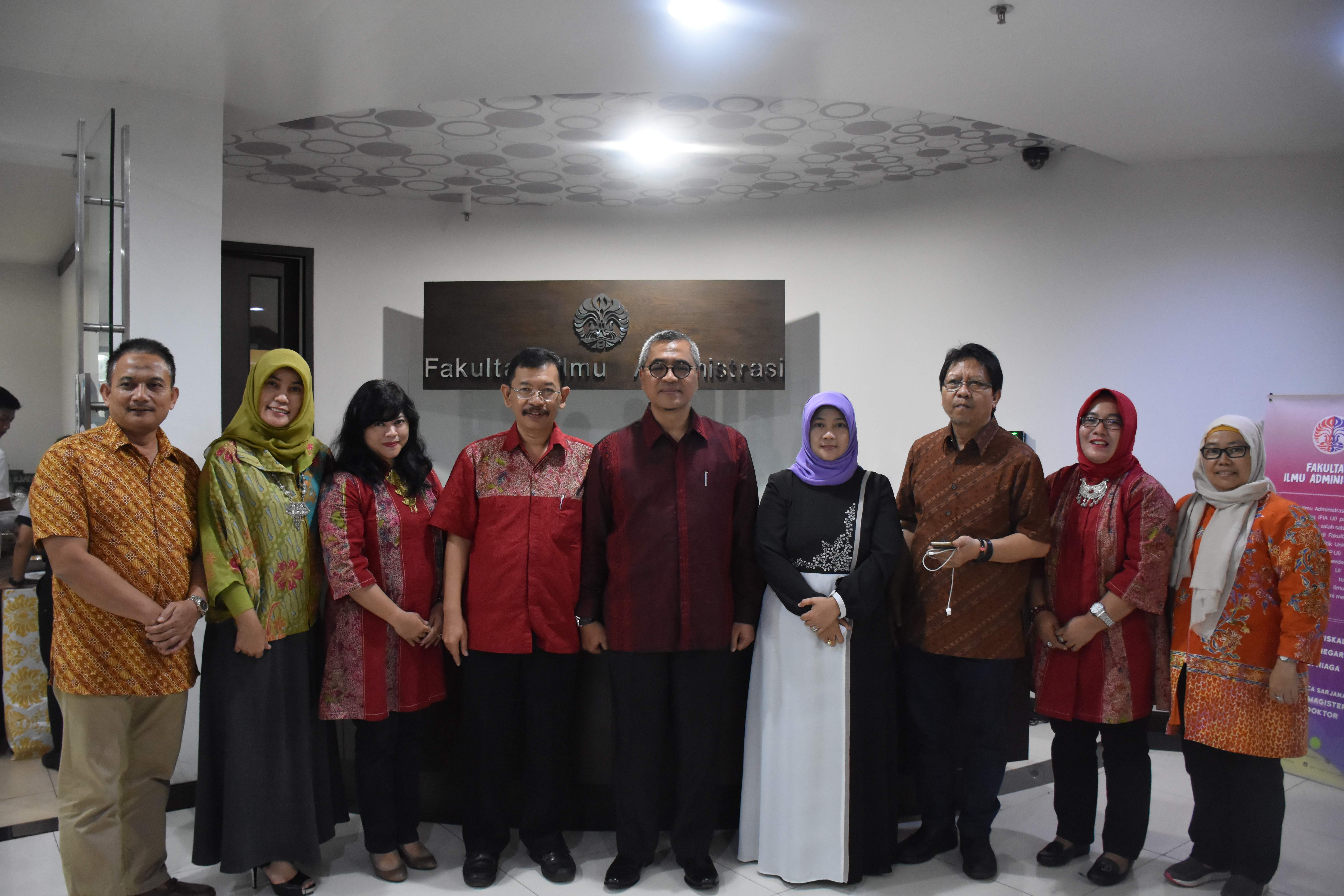Development of Big Data Analytic for Taxation Purposes
DEPOK. Indonesia is currently faced with digital reform, this also happens in the field of taxation. Data becomes easily accessible and transparent material. When compared to the year per year between the target and the realization of revenues from the tax sector, it can be very easy to see, and in 2018 it shows a positive trend. The increase in tax revenues in 2018 is around IDR 100 Trillion.
Big Data Analytic is a breakthrough to simplify work, behavior patterns, and other aspects of life with detailed data. The development of Big Data Analytic for taxation purposes was discussed in a collaboration seminar at the Faculty of Administrative Sciences, Universitas Indonesia (FIA UI) and PricewaterhouseCooper (Pwc) at the Auditorium of the M FIA UI Building, Thursday (1/11).
PwC’s Tax Senior Manager, Sophia Rengganis said the tax administration process starts with a self assessment consisting of registers, payments and reporting. Then from the whole, internal and external information was reported. “What needs to be analyzed is not only the information in the annual notification letter (SPT), but we must be able to find out other data that supports investigation and investigation,” he said.
Pulling back, the development of information access in 1983 data access was only for tax audits, in 1994 data access for tax audits and later investigations for data from a bank must be requested through a request from the finance minister. In 2007, data access was only for checking data for proof of inspection, investigation and for tax collection. In addition, in 2007, requests for data access from Bank Indonesia required direct requests from the Minister of Finance (still the same as in 1994) and requested from other public institutions as an effort to improve tax compliance.
Transparency of data through Big Data Analytic is not only limited to Indonesia. Indonesia in Law No.9 / 2017 discusses the Automatic Exchange of Information (AEoI) on information exchange between countries in the world. The G20 countries and The Organization for Economic Co-operation and Development (OECD) have committed to exchange customer banking data with the country concerned. This aims to reveal the assets of taxpayers in Indonesia that are still stored abroad. (EM)

